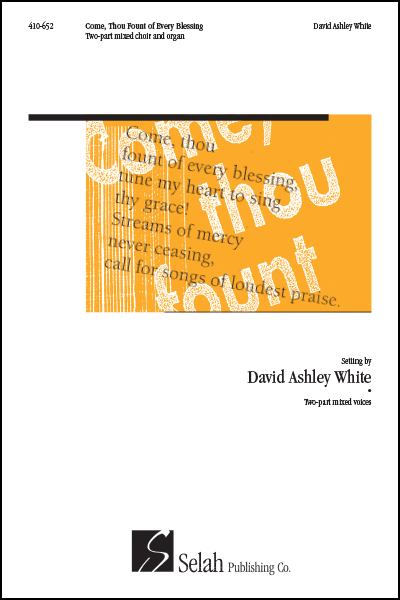





Choral



Congregational Song



Organ/Keyboard



Handbell



Instrumental



Video



Vocal Solo



Choral Subscription Plan
Lectionary Calendar
Search Choral
What's New - Choral
Hymn Search
General hymn collections
Individual author collections
Licensing
What's new
by composer
by title
by hymn tune
Church Seasons
Piano
Use
What's new - Organ/Keyboard
Advent/Christmas
Epiphany
Lent/Easter
Pentecost
Recitals
Funerals
Weddings
Difficulty
Church season
Hymn tunes
Handbell quartet
Handbells and choir
Brass quartet
Brass quintet



